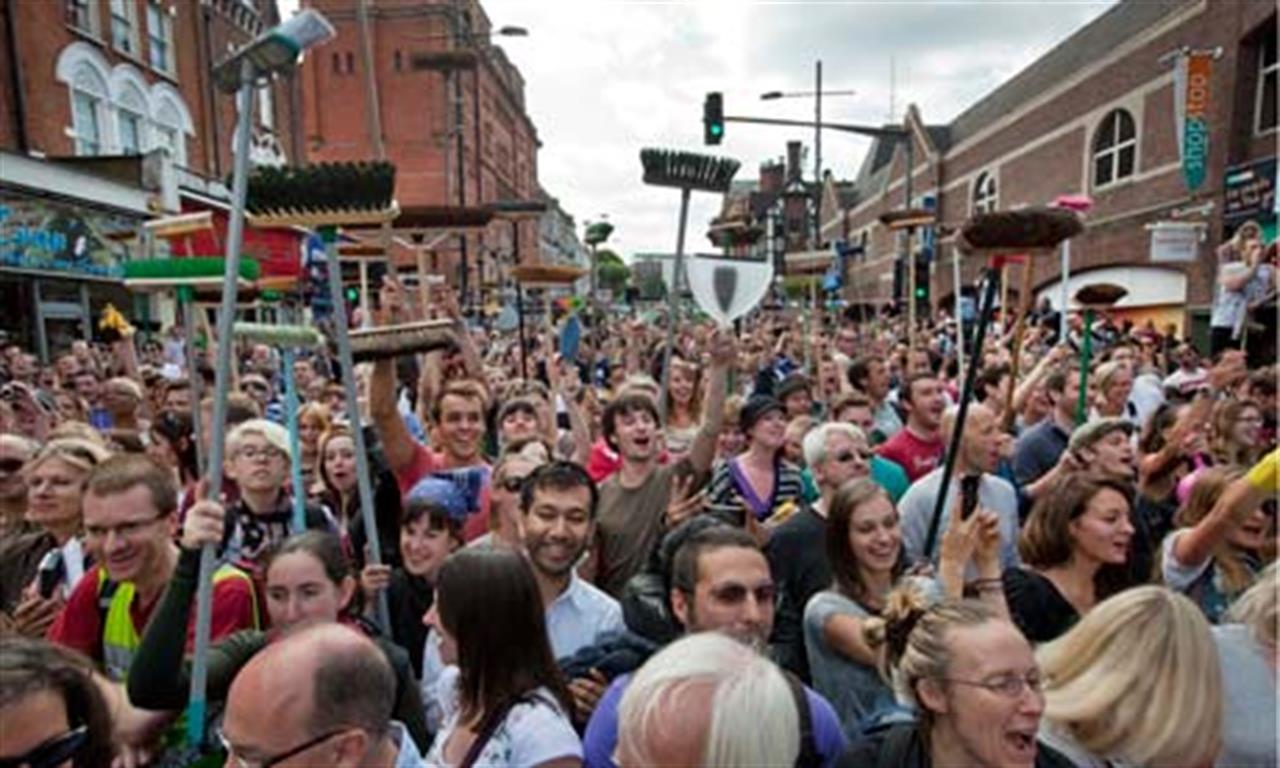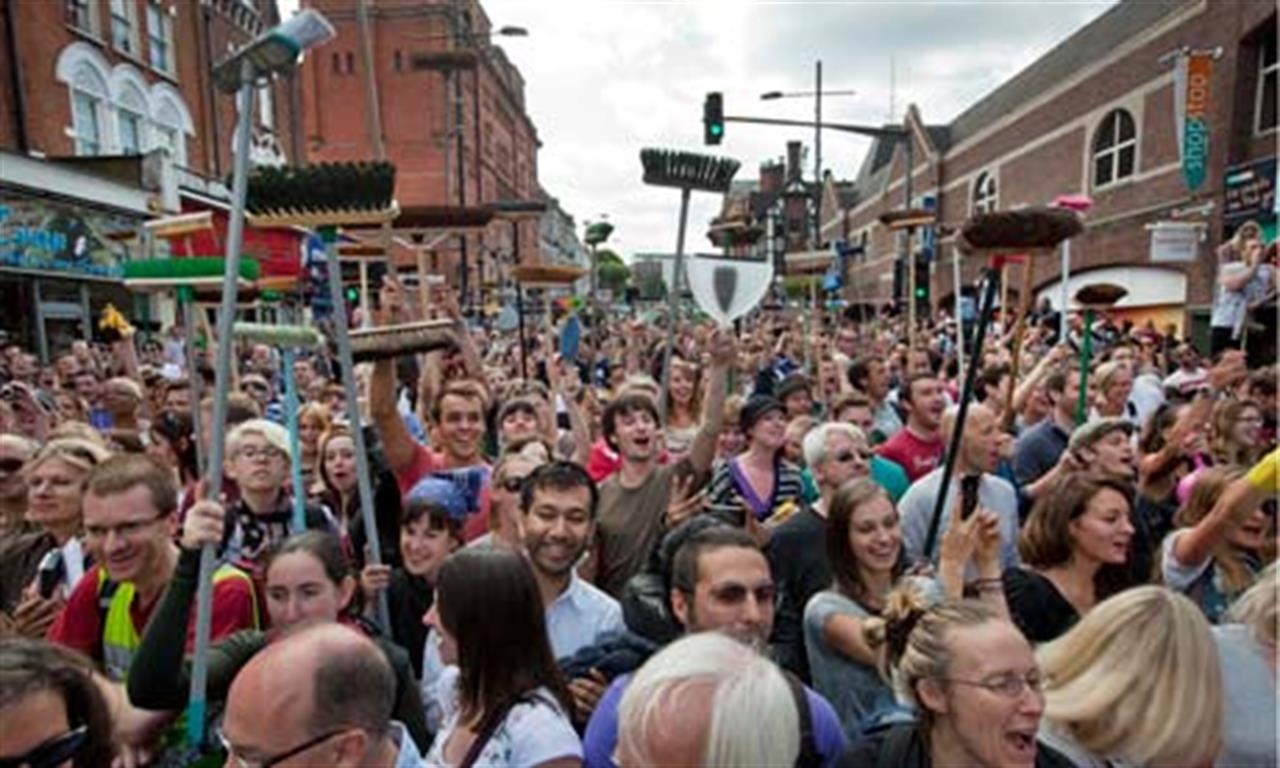
Despite all the international media having the 50th anniversary of the Berlin wall as the news of the day, I can’t avoid writing about the riots in London. We can’t forget the past but the future is waiting for us.
It’s not just that many Euclid members have been affected by the riots. For instance Roy who runs CDG, the largest charity to tackle unemployment in the UK – £100m operation – had his brand-new office in Croydon burnt down.
There is something more. All of us in social business can’t refrain from wondering what’s wrong in society – does our work make any sense if we have not been able to neither foresee nor prevent the crisis?
I’m not actually interested in the situation per se, and don’t want to single out this or that. Colleagues are blaming the system for having disenfranchised people, especially young people, who don’t perceive having any stake in the community where they leave and any chance for a better future – they steal as Somali pirates. And the families have to be blamed too for not teaching kids how to live in soceity. Perhaps a too generous Welfare State has made parents redundant. But Lady Thatcher gave a hand too with her ‘Greed is good’.
Economic reforms – ie cuts in public spending – were pointed out by political activists on the left while nobody could avoid noticing the indecisive reaction of the police. The PM dismissed the mayhem as simple thuggery – ie not a political protest ie ‘Don’t blame government’ – as Sarkosy did in 2005- but ended up appointing several high caliber lefties such as Martin Hirsh when elected to the Elisée. I bet Cameron will follow the same path.
This is not what captured my attention but 2 other facts. First of all, how new technologies – smart phones and social media – facilitated the speed and spread of the riots as they did in the Arab spring in January (and in many other countries in the last few years eg twitter revolution in Moldova).
New media doesn’t cause public mobilization but generates a new scale of it. Is it going to revolutionize politics of the masses as the previous communication technologies – ie writing, printing, press, cinema and TV – did?
Secondly, we didn’t see people just looting. Another group of fellows mobilized to tidy up the mess while the police were wondering how to react. They are the RiotCleanup movement: self-organised using social media, spontaneous, local and occasional.
I found the same kind of active citizenship in Naples where public administration equally failed at tackling another public crisis: the garbage. CleaNap is a facebook-based group of citizens fed up with the situation who have decided to sort it out by themselves.
What does it mean?
I’m writing an article on social innovation in EU policy for the next UACES Annual conference on European studies (University of Cambridge, 5 – 8 September). I must start with the riots: public crisis and citizen’s response. It doesn’t make any sense discussing social innovation or Big Society if we don’t take on board what’s simmering through society. It’s about our shared future.
Secondly, writing is not enough. I laughed when I was asked to take part in a collective meditation for peace. We need action + innovative solutions.
I’m going to propose a social innovation competition to respond to the riots. Cameron asked for suggestions from the charity sector. ACEVO has organised a meeting with members on Tuesday. Let’s see what the feedback is to my idea.
It’s working in Naples generating an autocatalytic reaction in the system that produces new initiatives besides the outcomes of the social innovation competition. It could work in London as well.
Cosa fa VITA?
Da 30 anni VITA è la testata di riferimento dell’innovazione sociale, dell’attivismo civico e del Terzo settore. Siamo un’impresa sociale senza scopo di lucro: raccontiamo storie, promuoviamo campagne, interpelliamo le imprese, la politica e le istituzioni per promuovere i valori dell’interesse generale e del bene comune. Se riusciamo a farlo è grazie a chi decide di sostenerci.

